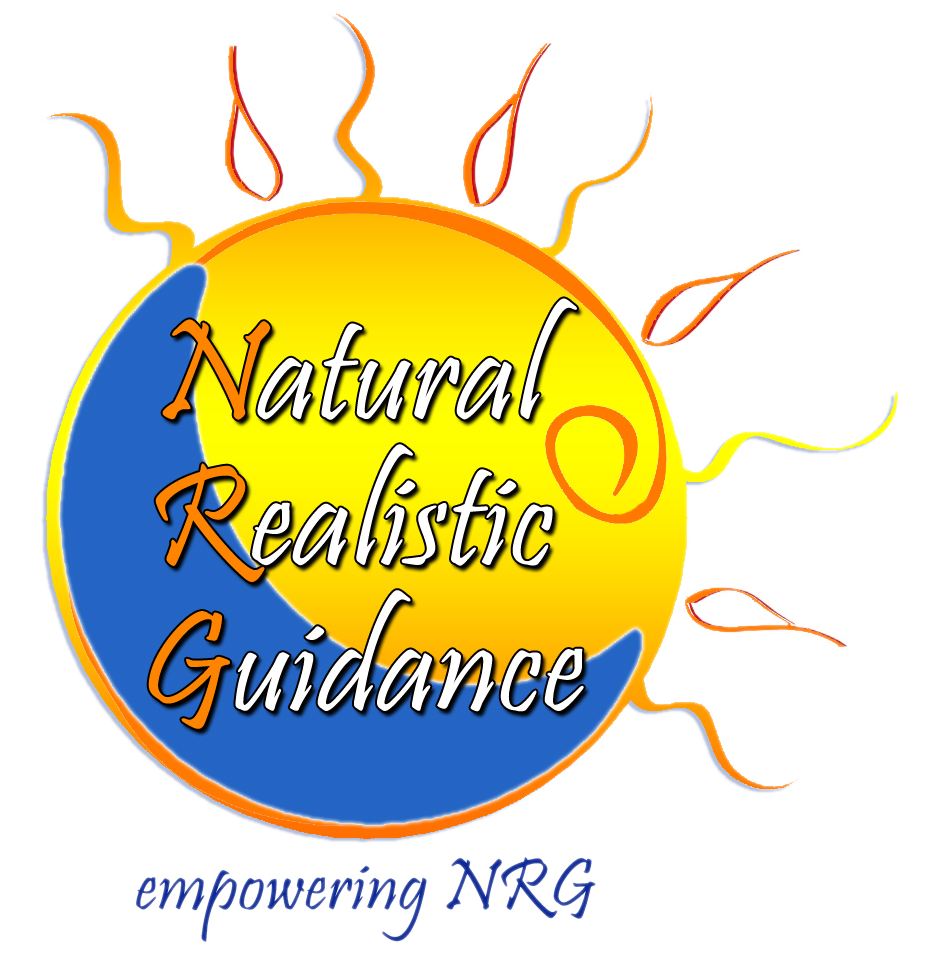Turning Your Inner Critic Into Your Inner Coach
Originally posted as: Quieting the Nag [January 2017]
Today I want to share ideas on how you can quiet your inner critic. I've talked about this before, but because this is an ongoing and challenging task, most of us benefit by having lots of different tools to try.
Quieting this voice – or at least changing what she is saying – is really important to helping a person move out of their shadow and into their power, so if you want to be a vibrant, powerful person, you'll need to have this under control.
Another reason this is a good thing to do, is your inner critic was formed when you were young. It came about as a result of things people said to you, how they treated you and the overall sense of self-worth you developed as a result. This means if you are a parent, teacher, coach, grandparent, etc, what you are saying to the young people in your life right now can be helping them form their self-talk for later! Depending on how strong your influence is in their life, you are affecting how critical they will be of themselves AND even how much they nag others!
It might be tough to accept that how you are speaking to others today (children especially) can become the voice in their head, putting them down in the future. What role would you like to play in their memories?
So, while this voice will always be with you – I believe it is impossible to tune her out completely – you can set limits and provide guidance around what is okay to say.
Who is she?
In case you are totally new to the idea of an inner critic or if you just need a refresher about it, your inner critic is the voice inside of your head which reminds you of any past failings (real or imagined) in life and suggests you are crazy to take risks or try new things. Your inner critic is tightly tied to your ego and as a result often comes from a place of fear – fear of rejection, of getting hurt, of embarrassment, of losing, etc. In other words, she thinks she is protecting you!
Your inner critic is not speaking the truth, but spouting a story with just enough memory connection to make you believe her. Most of us are aware that when it comes to sharing data, it is very easy for a person to manipulate the facts to fit what they want to say. This is basically what the inner critic is a pro at….what she is saying might sound like the truth because of the memories it is linking to, but there is definitely some embellishment and massaging of facts going on there.
This critic loves to jump in when self-doubt, uncertainty, worry, guilt or fear are around as well as when you are feeling embarrassed, disappointed, hurt or angry. It is like a ring leader to those feelings working to rile them up, making it even harder for you to come through that moment in life in a healthy way.
If this isn't bad enough, it can also pipe up when you are feeling good (i.e. happy, proud, purposeful, in the zone). In this case it might pull up memories tied to a similar time where things didn't work out, or it might make it up totally from scratch.
For example, let's say you curl competitively. A few years ago your team was in the finals to win your provincial title. You were up by 5 coming home – the game was virtually in the bag, when everything just sort of fell apart. Your second missed an easy take-out, allowing the other team a chance to put another rock in play. Your 3rd's weight was off and fell short of the house and one of your rocks was burned (touched by your player and taken off without allowing it to hit any other rocks). To make a long, sad, story short the other team ended up scoring 6 and beating you.
Now, years later with way more experience under your belt you're back in the finals. Although you are much more self-assured at this point in your life, you can hear that nagging little voice piping up in your head, "Hope this doesn't end like the last one…you better play it super safe…you can't do a take-out what if she misses? How embarrassing it would be to lose again…"
Instead of feeling confident and ready to finish the game like the pro that you are, you feel shaky and filled with doubt.
Even if it doesn't have a past failure to pull up, it can still create insecurities by attaching to other situations in life. For example, it might start with a simple cliché such as; "Careful not to count your chickens before they hatch. It all comes down to your shot…What if you miss the broom completely? Look at all those people watching, did you see what happened to [insert another curling champs name here]. I sure wish you'd had a better night's sleep last night…being up all night with the baby isn't going to help your game…"
You get the picture…the inner critic can be quite relentless in taking you down a notch if you allow her to speak freely.
Sometimes this voice will sound like someone you know (a parent, a teacher, your alter ego…) and other times it’s just a voice. Becoming aware of your inner critic is the first step to taking back your power from this invisible force.
Listen to the podcast for the 7 things you can do to turn your inner critic into your inner coach.
In conclusion…believe in yourself! Know that you are perfect at being you and that you are on a unique and special journey. Nobody else will ever be able to walk a mile in your exact shoes and nobody else will ever fully understand what you must do to reach your full potential… except maybe your inner coach, Wannabe, who has a front row seat to who you are becoming and a natural ability to help you get there.








